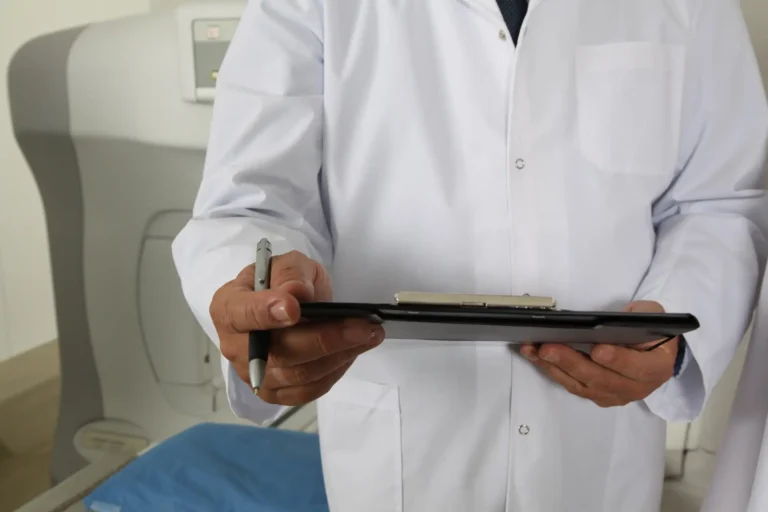Wake Gastro Comprehensive Digestive Services
Featured Services
We provide a variety of services to aid in the early detection and prevention of Gastrointestinal cancers. The goal of early diagnosis remains paramount for the effective management of many Gastrointestinal diseases.
Other Specialties & Services
ABOUT OUR SERVICES
Gastroenterologists are involved in the diagnosis of many different cancers, including but not limited to Esophageal, Stomach, Small Intestinal and Stromal, Liver, Pancreatic, Colorectal, and Anal cancers.
Some patients are predisposed to GI cancers due to their genetic make-up, while others may be at increased risk due to lifestyle or diet. Our practice seeks to help with early diagnosis by reviewing risk factors, educating patients, and completing appropriate testing and endoscopic procedures.
SEDATED ENDOSCOPIC PROCEDURES
COLONOSCOPY
A colonoscopy is a well-tolerated procedure that typically examines the entire colon. The provider uses a thin flexible tube called an endoscope. This device has a lens and a light source that allows the doctor to view images on a video monitor. During the procedure, any abnormal areas are identified and tissue samples may be taken. Polyps are typically removed at the time of the exam and the pathology is processed within 7-14 days. This procedure rarely causes pain; patients may experience pressure, bloating, or cramping immediately afterwards.
UPPER ENDOSCOPY
An upper endoscopy allows your provider to examine the lining of the upper part of your gastrointestinal tract. This area includes the esophagus, stomach, and duodenum (the first portion of your small intestine). The provider uses a thin flexible tube called an endoscope. This device has a lens and a light source that allows the doctor to view images on a video monitor. This procedure can go by many names. You may hear this referred to as an Upper Endoscopy, an Esophagogastroduodenoscopy (EGD), or a panendoscopy.
NON-SEDATED PROCEDURES
SIGMOIDOSCOPY
A Flexible Sigmoidoscopy allows your provider to examine the inside of the rectum and part of the large intestine called the sigmoid colon. The provider uses a thin flexible tube called an endoscope. This device has a lens and a light source that allows the doctor to view images on a video monitor.
CAPSULE ENDOSCOPY
A Capsule Endoscopy enables your provider to examine the duodenum, jejunum, and ileum of your small intestine. While there are several types of capsule endoscopy, typically your provider will provide a vitamin pill sized capsule as the endoscope. This Pill has its own camera and light source. The capsule travels through your body throughout the day and images are sent to a data-recorder you will wear on a waist belt.
RADIOLOGY AND LABORATORY
RADIOLOGY
Our Radiology department has the capability to provide several imaging services that can aid in the assessment, diagnosis, and plan of care for Wake Gastroenterology patients.
These services include:
XRAY
X-Ray Imaging use a type of radiation called electromagnetic waves. While X-Rays are commonly used to check for fractures, they can be used to look at organs and structures as well. Our radiology department has the capability to perform plain film X-rays and colonic transit studies using Sitz markers.
ULTRASOUND
Ultrasound imaging, also called ultrasound scanning or sonography, is a method of obtaining images of internal organs by sending high-frequency sound waves into the body. The sound waves are reflected and the echoes are recorded and displayed as a real-time visual image. No ionizing radiation (x-ray) is involved in ultrasound imaging.
Because ultrasound images are captured in real time they can show the movement of internal tissues and organs and enable physicians to see blood flow. This can help to diagnose a variety of conditions and to assess the damage caused by illness.
COMPUTERIZED TOMOGRAPHY – (CT SCANS)
A CT scan, often called a CAT scan, is a painless examination that combines X-rays with computer scans which give your physician a detailed image of soft tissue, organs and bones. CT imaging is particularly useful because it can show several types of tissue — lung, bone, soft tissue and blood vessels — with great clarity. There is a small amount of radiation with CT, but the benefits of this test far outweigh any risk.
LABORATORY
Our in-house CLIA certified laboratory can perform a broad range of biochemical tests. The following tests can be performed rapidly in our chemistry laboratory: Complete Blood Count (CBC), Liver Function tests, Electrolytes, Kidney Function tests, Thyroid tests, H. pylori antibodies, and Protimes. Our providers will often also work with outside labs. We will obtain blood work to send to reference labs such as Prometheus Laboratories and Myriad Genetics. With the advent of sophisticated laboratory techniques for protein detection and genetic testing, providers have access to blood-based biomarkers that assist in the diagnosis of several important digestive disorders such as Crohn’s disease, ulcerative colitis, irritable bowel syndrome, and celiac disease. Outside labs can also be utilized for serological testing of liver disease and for the monitoring of therapeutic medications.
Wake Gastroenterology looks forward to helping take care of your Gastrointestinal needs – please contact our office to schedule an appointment today!










